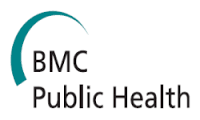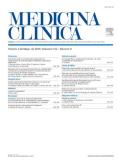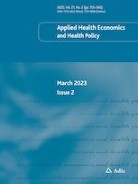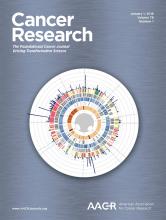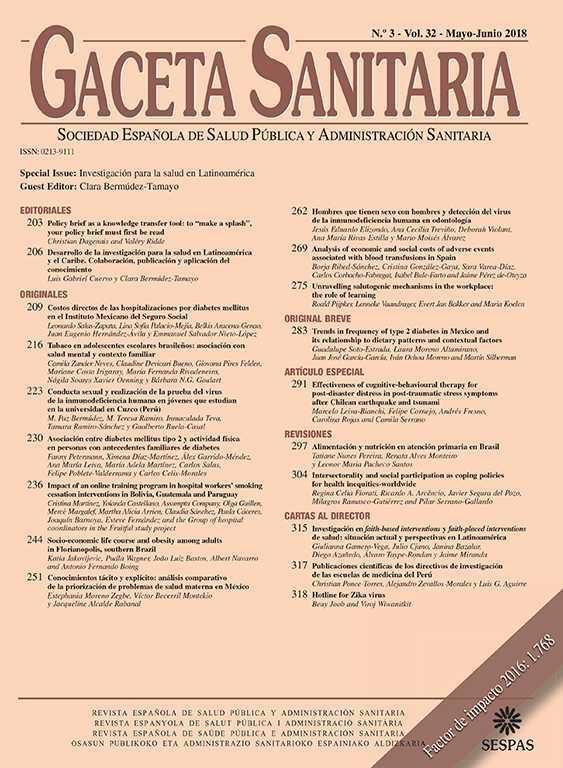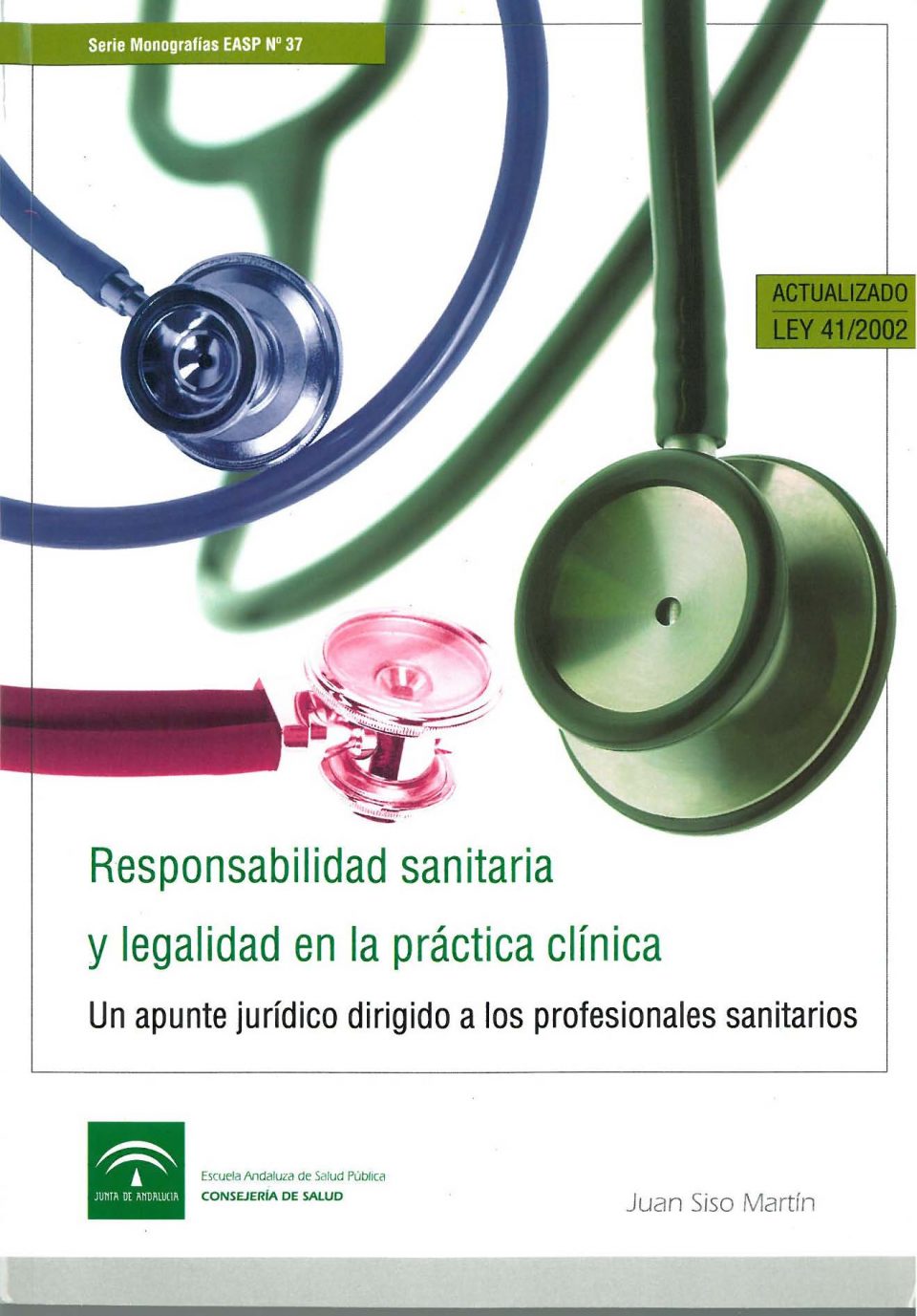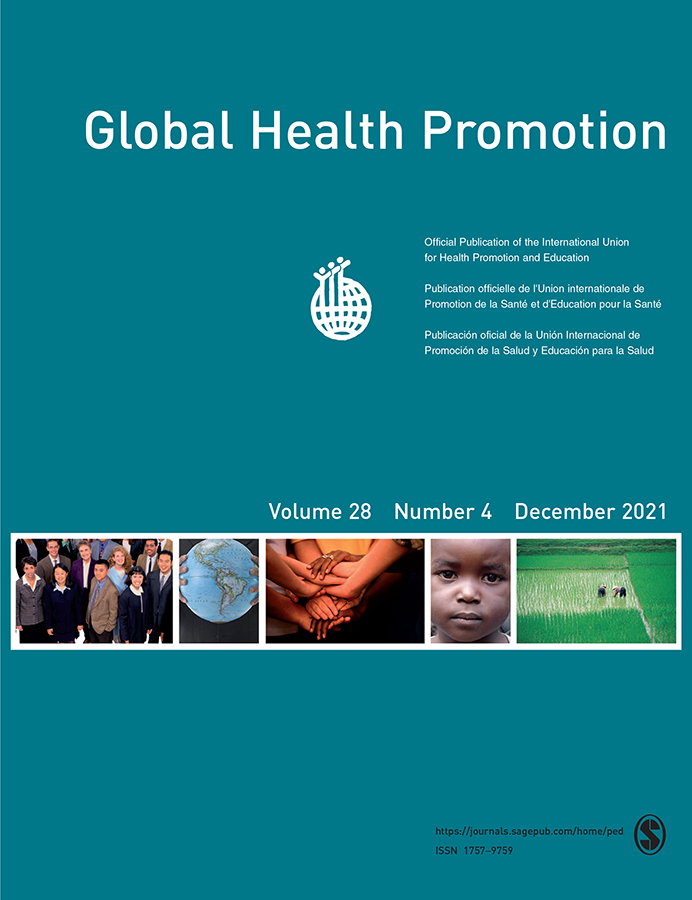Risk of suicide in households threatened with eviction: the role of banks and social support
Background One of the greatest effects of the financial crisis in Spain has been the enormous increase in the number of evictions. Several studies have shown the association of evictions with different aspects of the physical and mental health. Furthermore, evictions have been associated with an increased risk of suicide. Our objective was to evaluate…



